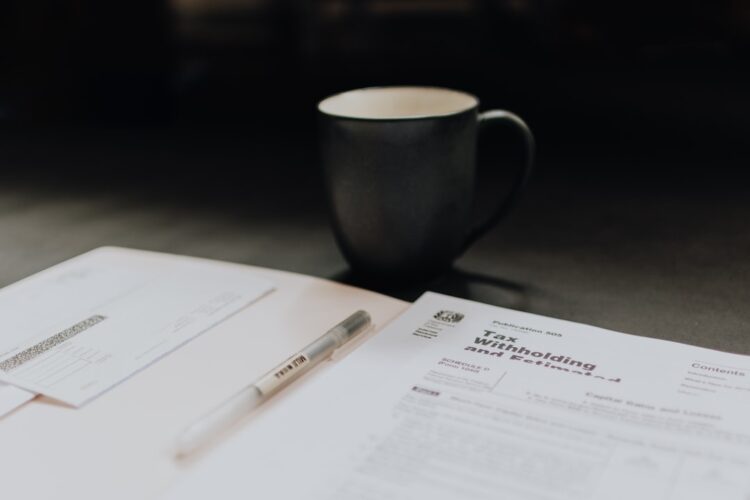Owning a home is a dream for many people. It symbolizes stability, success, and the ability to build equity. However, it’s important to weigh the advantages and disadvantages before making the decision to invest in a home.
Advantages of Owning a Home:
1. Building Equity: One of the biggest advantages of owning a home is the opportunity to build equity over time. As you pay down your mortgage, your ownership stake in the property increases. Additionally, if the value of your home appreciates, you can potentially earn a profit when selling.
2. Stability and Freedom: Owning a home provides stability and the sense of having your own space. Unlike renting, homeownership eliminates the worries of eviction or sudden rent increases. Additionally, as a homeowner, you have the freedom to make changes to your property according to your preferences and needs.
3. Tax Benefits: Homeowners can enjoy several tax benefits, including deducting mortgage interest and property taxes from their annual income. These deductions can help reduce your overall tax burden and save you money.
4. Potential Rental Income: If you have extra space in your home or are looking to invest in real estate, owning a home can provide the opportunity to generate rental income. Renting out a portion of your property can help offset your mortgage payments or provide additional income.
5. Emotional Satisfaction: Owning a home can provide a sense of pride and accomplishment. It gives you the opportunity to create a space that reflects your personal style and preferences. For many, the emotional satisfaction of homeownership is invaluable.
Disadvantages of Owning a Home:
1. Cost and Financial Responsibility: Homeownership comes with various expenses beyond the purchase price, such as property taxes, insurance, maintenance, and repairs. These costs can add up significantly over time and may strain your budget. Additionally, if you encounter unexpected repairs or damage, you’ll be solely responsible for covering those expenses.
2. Lack of Flexibility: Unlike renting, owning a home ties you down to a specific location. This lack of flexibility can become a disadvantage if you need to move due to job relocation or personal circumstances. Selling a home can be a lengthy process, and it may be challenging to recoup your initial investment if the market conditions are unfavorable.
3. Initial Investment and Mortgage Debt: Purchasing a home entails a significant initial investment, including down payment, closing costs, and other fees. This can be a barrier for many potential homeowners, particularly for first-time buyers. Additionally, taking out a mortgage means you’ll carry a significant debt burden for several years.
4. Market Fluctuations and Economic Risk: Real estate markets can be unpredictable, and property values are subject to fluctuations. While homeownership can be financially rewarding in the long run, there is always a risk that the value of your home could decline, causing you to lose money in the event of a forced sale.
5. Maintenance and Upkeep: Homeownership comes with the responsibility of maintaining and repairing the property. From landscaping to plumbing issues, homeowners may face unexpected expenses and time commitments associated with home maintenance. This can be challenging for those who prefer a low-maintenance lifestyle or lack the necessary DIY skills.
In conclusion, owning a home has its advantages in terms of building equity, stability, potential rental income, tax benefits, and emotional satisfaction. However, it also poses disadvantages such as cost, lack of flexibility, initial investment and mortgage debt, market fluctuations, and the responsibility of maintenance. It’s important to carefully consider your financial situation, long-term plans, and lifestyle preferences before deciding to invest in a home. Owning a home can be a rewarding long-term investment, but it may not be suitable for everyone.












